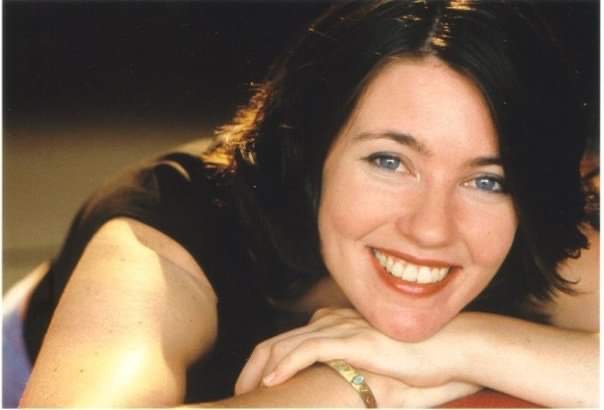Lot’s Wife
- Julia Caesar
- May 25, 2025
- 3 min read
Updated: Dec 4, 2025
“The greatest deed is thought" - Nietzsche
It seems to me that we somehow rejected Humanism for minority grievances and are stuck again under the heel of Historicism; the false pretense that limits human actions made in historical context rather than actions prompted by time-transcendent truth: what Alan Bloom distinguished between a “value creating” man vs a “Good-discovering” man that characterized most of the Classical Greek philosophers and stoics in their pursuit of the Good.
It was the Sophists, however, (the paid philosophers) who began to change the narrative that Good vs Evil was a social construct and there is the rub: Once the black and white language of the knowledge of Good and Evil through reason was greyed out, our notions of the good were splintered into infinite “values”, tones, obscuring our understanding of the common good (Natural Rights). Values, as oppose to principles, are ever changing because they are easiest to manipulate. They are the 50 shades of tolerance, subjective, not tied to any well tested human principle; a license for social preference and therefore there is no community to which values are held responsible—severing the idea of the Common Good. The program of “values” was the heist of the century on our heritage of Virtue.
The progressive goal was to destroy the idea of the Common Good (Natural Rights) that the Founders believed united us:
“it treated the founding principles as impediments and tried to overcome the other strand of our political heritage, majoritarism, in favor of a nation of minorities and groups each following its own beliefs and inclinations…” (Alan Bloom). He called it “Openness” at the expense of judgment— the faculty of reason. In colleges all customs and cultures but our own were deemed sacred rather than examine them based on the merit of the Good, the way the Greeks did and the way Thucydides’ critical and impartial evaluations characterized his histories (even though many Greeks disapproved) of his scientific and empirical approach over tradition and mytho-didactic storytelling.
It all goes back to the state of nature: is the social relationship war or peace? Hobbes and Rousseau, not Locke believed that men’s selfish appetites would lead to conflict and war outside the State (Marx ran with this) and every dialectic materialist after him. On the other hand, Ludwig von Mises (to whom I give more credit) for his research as an Economist believed the social relationship always means peace through the division of labor. “All those theories which regard human progress as an outcome of conflicts between human groups have overlooked this truth” Ludwig von Mises.
An example to counter a marxist assumption goes like this:
An owner of a company will not make the environment of his employer dangerous or pay him poorly because the employee will find another job. It is to the owner’s advantage to keep his laborer happy and consequently it becomes mutually advantageous: a product is made and the worker is paid.
When Nietzsche said “The greatest deed is thought" the consequence was two-fold: those who speak truthfully reap a harvest but those who use words and subvert the meaning of things create chaos and division, sow false consciousness in our soil (Woke Right, Woke left, Woke Up, Woke Down). The word Liberal for example during 19th century Britain changed meaning with the rise of the New Liberal (Statism and Big Government) rejecting 200 years of conservative Liberal- limited Government and Classical Liberalism, Freedom of Speech and private ownership of the means of production. This new Liberal meaning eroded into social intervention, the socialism echoing enlightenment wealth redistribution. It never reverted back to its etymology with the exception of the Liberal Arts and its tenets of intellectual liberty, rational discourse and self-governance.
Locke brought us back to Reason, the basis of our Constitution but we continue to look back towards the dialectic and the miseries of human existence (those imported philosophies) like Lot’s wife who turned into a pillar of salt. We are called to return to the nature of things— the Good and to speak clearly and honestly with one another as the ancients once did through the virtue of friendship.
Our task now is to restore the language of our Western Culture and rescue it from its counterfeit babel.
*****




Great article. See my book, againstvalues.com